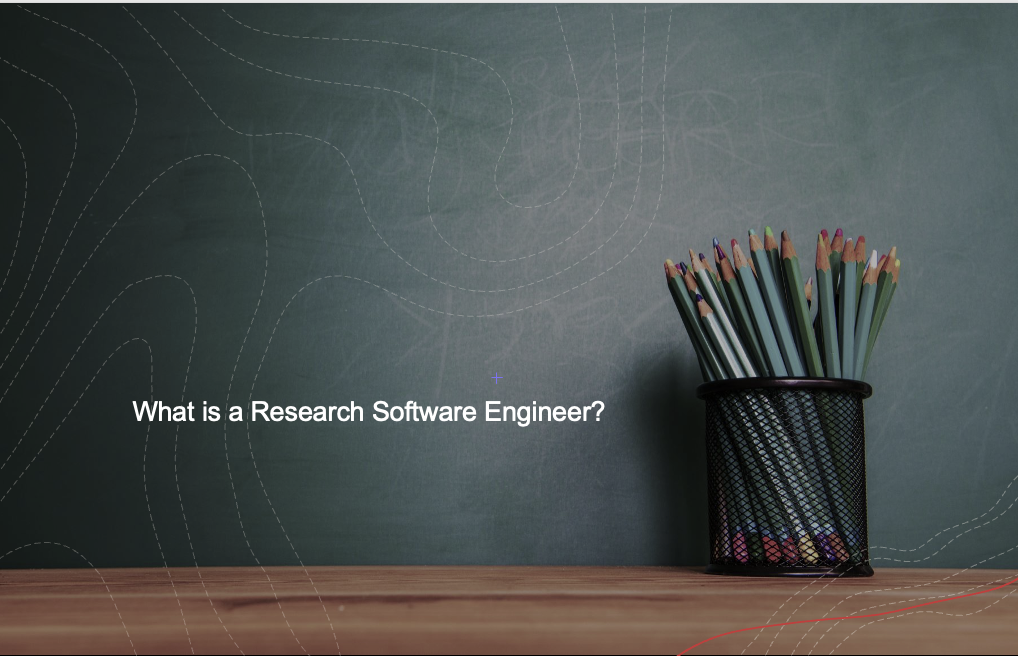Digital Sustainability 2024 is an initiative of the Sussex Digital Humanities Lab and the Digital Humanities Climate Coalition. Digital technology represents a significant and rapidly growing proportion of global carbon emissions. With time nearly run out to limit global warming to 1.5 degrees, and climate change impacts more visible than every, it’s clear we need bold and intelligent action on multiple fronts. Digital carbon is an important piece of this puzzle. Digital technologies also have a range of environmental impacts beyond just their carbon footprint. At the same time, the digital has important contributions to make to net zero, climate risk management, and environmental sustainability. We’ll be exploring these complexities.
Key open access outputs will include:
- The Cloud and the Climate: A Report — what does cloud sustainability look like in 2024
- Digital Sustainability Game — an immersive storytelling and strategy game about the future of digital sustainability
Some strands include:
- Collecting and sharing best practice around procuring and managing ICT systems
- Identifying, investigating and curating relevant standards, certifications, and tooling, and informing development of those currently in the works
- The role of games, play, storytelling and the arts in driving digital sustainability
Pop open Digital Sustainability 2024, and you’ll find three projects inside:
1) Designing the Future of Cloud Carbon Data is funded by Innovate UK and delivered with industry partner GreenPixie. This project is all about the cloud. The cloud exists in hyperscale data centres, which can deliver sustainability efficiencies that are out-of-reach for many on-premise data centres. It’s very tempting to think we should move everything to the cloud, and let AWS, Azure and Google figure out the details — and a few years ago, this was widely thought to be a good idea. But there is increasing recognition that the public cloud is not a one-size-fits-all solution. For many companies, a hybrid solution may be the way forward.
One current challenge is that tools such as AWS’ Customer Carbon Footprint Tool, Microsoft’s Sustainability Manager, and Google Cloud’s Carbon Footprint Tool, fail to accurately capture actual emissions. Complementary location-based carbon measurement tools have been developed (both proprietary and open source), but typically require a lot of dedicated technical expertise to operate. We want to explore ways of getting accurate cloud carbon data to a much wider user base.
A second major issue is supply chain. There are many businesses for whom Scope 3 makes up the majority of emissions. But it can be tricky enough to figure out your own cloud carbon emissions — how do you go about engaging suppliers about their cloud emissions? How can sustainability, IT and procurement functions best work together to drive real change? We want to hear about your experiences to date, to develop and share best practice in this area.
A third issue is the relationship between economic, environmental, and social sustainability. If you’re spending more money, you’re typically using more energy, so these often track together. But this isn’t always the case, so how do we identify those moments where price isn’t a good proxy for sustainability, and how do we address the tricky trade-offs that may emerge?
2) Designing Sustainable Digital Futures is funded by the AHRC IAA Design and AI Accelerator, and is part of Future Observatory, the Design Museum’s national research programme for the green transition. This project is broader and more entry level than the first. The digital is deeply interwoven into our everyday lives and work, but the systems we rely on remain mysterious to many of us. On this project, we’ll be exploring how the arts, storytelling and design can illuminate the complexities of digital sustainability for diverse audiences, and guide organisations toward sustainable digital futures. Designing Sustainable Digital Futures is interested in engaging all organisations interested in improving digital sustainability, no matter where you may be in your journey. Some of our priorities include:
- SMEs
- Creative industries
- Culture and heritage organisations
- Third sector
In addition to digital-themed workshops, we are also offering opportunities to host experiential workshops on the Sustainable Development Goals, to place digital sustainability within a much wider context.
3) Automating Climate Mitigation Advisory Services is funded by the AHRC IAA. The sustainability consulting industry is now in enormous demand, as companies seek to navigate the complexities of net zero and climate risk. We are seeing the rise of new approaches to third party sustainability support, including curated and facilitated toolkits, as well as experiments in automation. This project, building on the back of a previous HEIF-funded collaboration with Hampshire Cultural Trust and Greenly, will explore the relationship between clients, climate advisors, and advisory tools.
We’re working with Greenly to gain insights about the practicalities of constructing decarbonisation strategies for a diverse range of organisations. How do you go from high-level, generic evidence to on-the-ground operational changes? We’ll be conducting expert interviews, and also sharing our own expertise and experience in climate-related communication and in sustainable AI and ICT specifically.
How can you get involved in Digital Sustainability 2024? If your business or organisation is interested in improving the environmental impacts of your digital technology, feel free to reach out. Contact j.c.walton@sussex.ac.uk, or fill out this survey.
Digital Sustainability 2024 Team
- Jo Lindsay Walton (Lead)
- Josephine Lethbridge (Co-Lead)
- Nathalie Huegler
- Florence Okoye
- Kinda Al Sayed
- Faosiyat Tiamiyu-Tijani





















